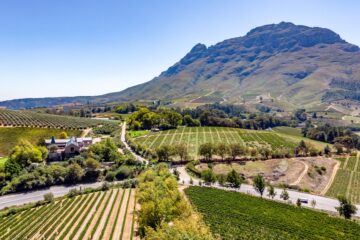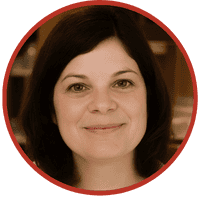

Popular Topics

The Western Cape greets the day softly, sunlight spilling over vineyards, dew...


The world is more than a simple map to be explored; it’s...










842 Reviews - 5/5 Stars